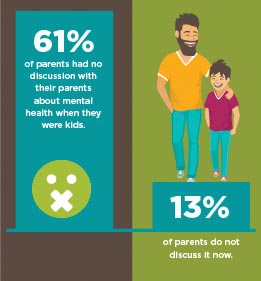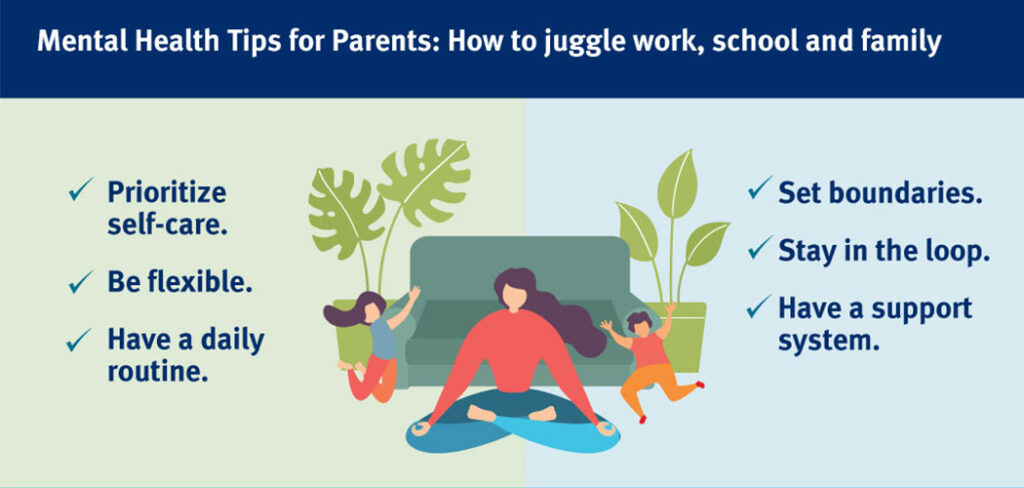Importance
How To Educate Parents On Mental Health importance: Health These days where the stress are like a common thing there is mental health which needs to have importance. The Parents faces many difficulties in life and get stressed but they need to know about the importance of Mental Health because they can only look after their children Mental Health when they have knowledge about it.
Educating parents on mental health is crucial for fostering a culture of understanding, compassion, and proactive support for mental well-being. It not only benefits individual children and families but also contributes to the broader societal goal of reducing mental health stigma and ensuring that everyone has the opportunity to lead a mentally healthy life.
How To Educate Parents On Mental Health?
The following steps can help to know how to educate parents mental health:
Bring issues to light:
Start by accentuating the meaning of psychological wellness. Many guardians may not completely figure out the significance of mental prosperity, so begin with the fundamentals.
Communication:

Encouraging open and transparent communication between parents and children is vital for promoting mental well-being. Effective communication not only strengthens the parent-child relationship but also provides children with the support and guidance they need to navigate the complexities of their emotions and mental health. Energize transparent correspondence among guardians and kids. Examine the meaning of tuning in without judgment and how to encourage a protected climate for sharing sentiments.
Give Assets:
Share books, articles, and legitimate sites that make sense of psychological well-being in basic terms. Guardians can frequently profit from self improvement assets to get a handle on the basics.
Organize Workshops:
Have studios or online classes explicitly focused on guardians. These can cover different themes, for example, perceiving indications of psychological well-being issues, correspondence techniques, and strategies for dealing with stress for families.
Collaborate with Schools:
Schools can be an extraordinary stage for arriving at guardians. Join forces with instructive foundations to offer classes or data meetings.
Offer Support Groups:
Offering support groups for parents is a fantastic way to help them navigate the challenges of mental health and gain valuable insights and connections. Make or suggest neighborhood support bunches where guardians can share their encounters and gain from each other.
Early Warning Signs:
Train guardians to perceive early advance notice indications of emotional well-being issues, like changes in conduct, mind-set, or school execution.
Destigmatize:
Address the shame encompassing emotional wellness. Many guardians could wonder whether or not to look for help because of dread or disgrace. Give data on how looking for help is an indication of solidarity.

Proficient Direction:
Encourage guardians to look for proficient assistance when required. Make sense of the job of advisors, advocates, and specialists in giving emotional wellness care.
Self-Care:
Underline the significance of taking care of oneself for guardians. At the point when guardians deal with their own psychological wellness, they can all the more likely help their kids.
Create Safe Spaces:
Urge guardians to make places of refuge for their youngsters to communicate their sentiments. Be certain they comprehend that psychological wellness issues are not an impression of nurturing abilities.
Know Your Audience:
Perceive that guardians come from assorted foundations and may have different social convictions. Tailor your instructive way to deal with be socially delicate.
Empowerment:
At last, enable guardians with the information that they assume a basic part in their kids’ emotional wellness. Give them the certainty and devices to explore this crucial part of nurturing.
There is need to look after these things for getting the knowledge about the mental health. Not only knowing but taking action about the solution is necessary. In the world full of stress be the sign of positive energy.


3 thoughts on “How To Educate Parents On Mental Health? Importance”